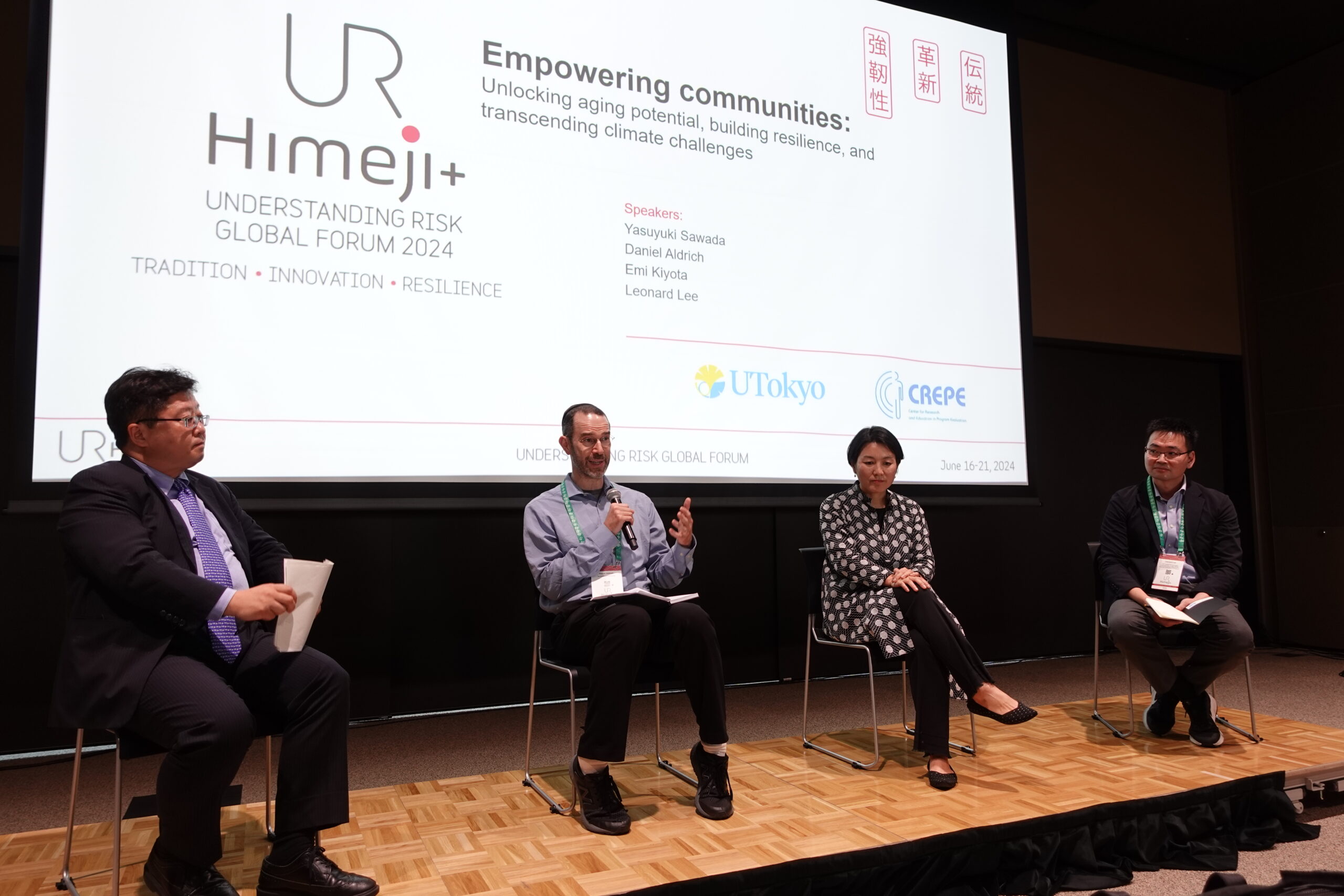NEWS
Reacting to the times – Risk Quotient 2020 jointly hosted by IPUR goes virtual
COVID-19 has dramatically and drastically impacted lives and changed the way individuals work, learn, commute, and socialise. The pandemic has also accelerated the use of emerging technologies to mitigate damage and disruption to society.
These words by Professor Koh Chan Ghee, IPUR Director, summed up the importance and objective of the latest installment of the Risk Quotient Conference, jointly presented by Lloyd’s Register Foundation Institute for the Public Understanding of Risk (LRF IPUR) at the National University of Singapore (NUS) and the Korea Policy Center for the Fourth Industrial Revolution (KPC4IR) at the Korea Advanced Institute of Science and Technology (KAIST).
The one-day conference on 29 October 2020, hosted at the KAIST campus in Daejeon, South Korea, featured Korean speakers and session chairs joining offline and international speakers participating via zoom. Broadcasted live on YouTube, the conference saw more than 1,000 participants viewing the event.
The 2020 conference featured experts from academia, industry, and research institutions such as Dr Carol Soon, Senior Research Fellow, Institute of Policy Studies, NUS; Dr Sang-Jin Ban, President, Korean Educational Development Institute (KEDI); and Professor Naubahar Sharif, Associate Professor, Division of Social Science and Division of Public Policy, Hong Kong University of Science and Technology.
They were joined by other esteem speakers who came together to examine the impact of COVID-19 on areas including digital innovation, education, workforce, and the economy. The conference also highlighted the Fourth Industrial Revolution (4IR) technologies utilized to tackle the pandemic, as well as the future of technology leadership.
The keynote speeches, panel presentations, and discussions focused on the following:
- Highlighting socioeconomic risks and impacts of the post-COVID-19 era;
- Shaping the technological forces and maximizing the collaboration opportunities; and
- Helping Asian governments and industries navigate the complex and intricate risks and global governance challenges and shape the brave new world.
The full post-conference report can be accessed here.


